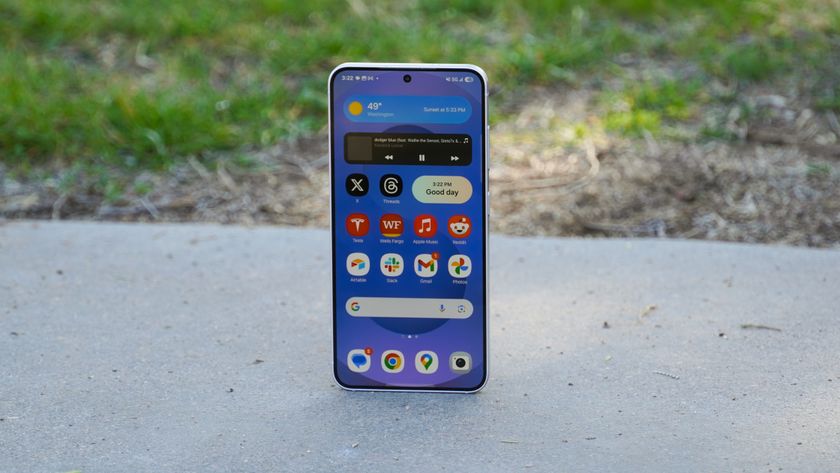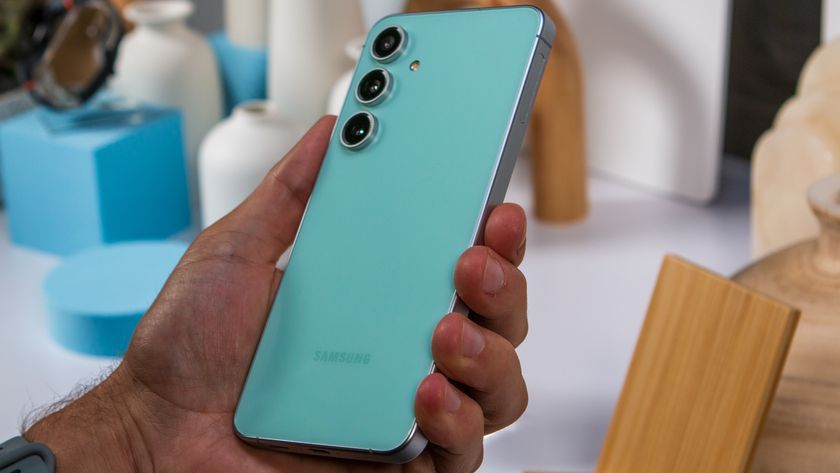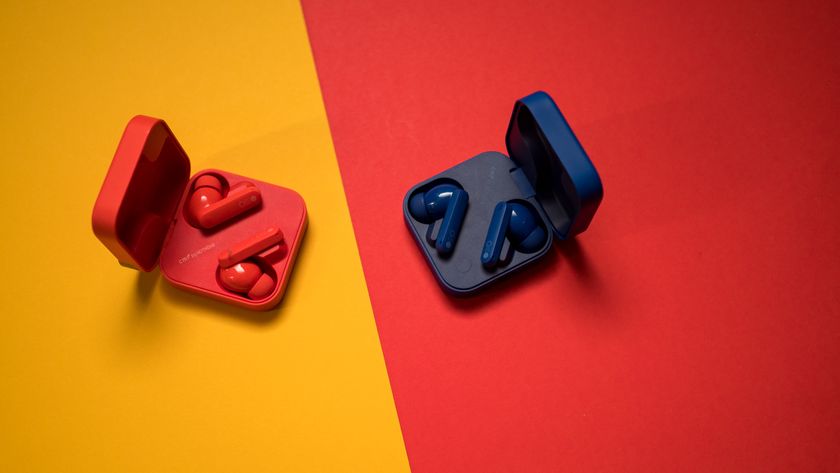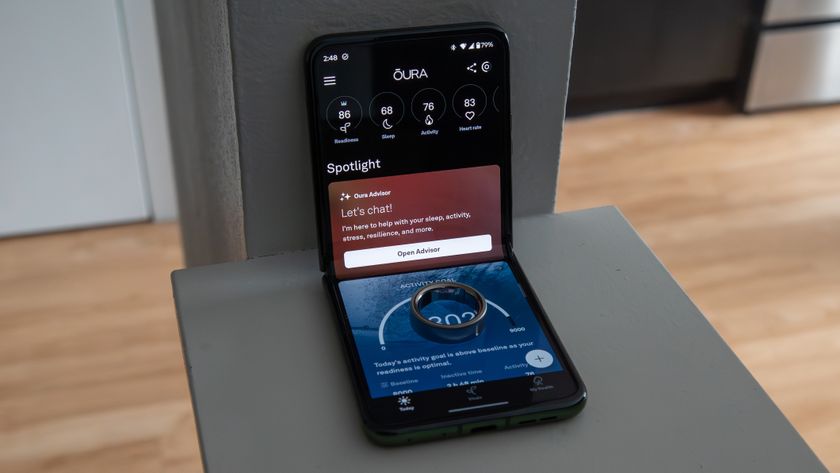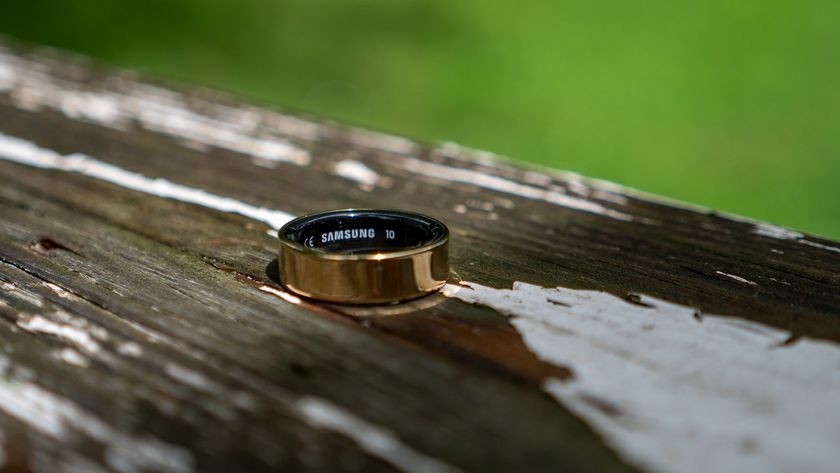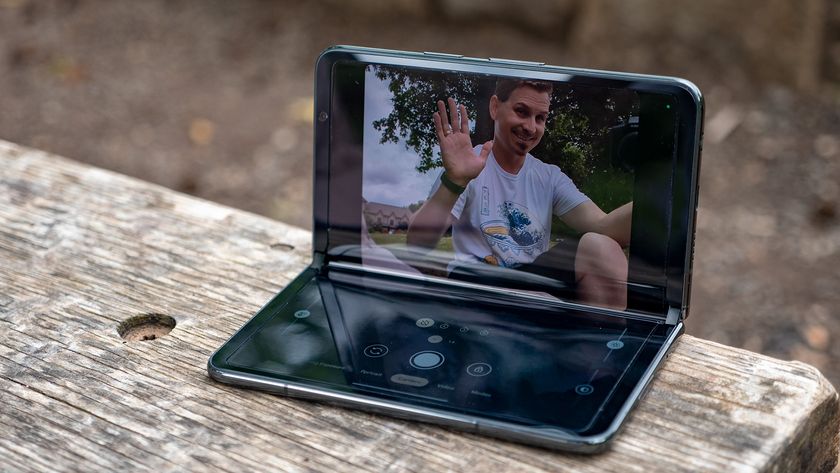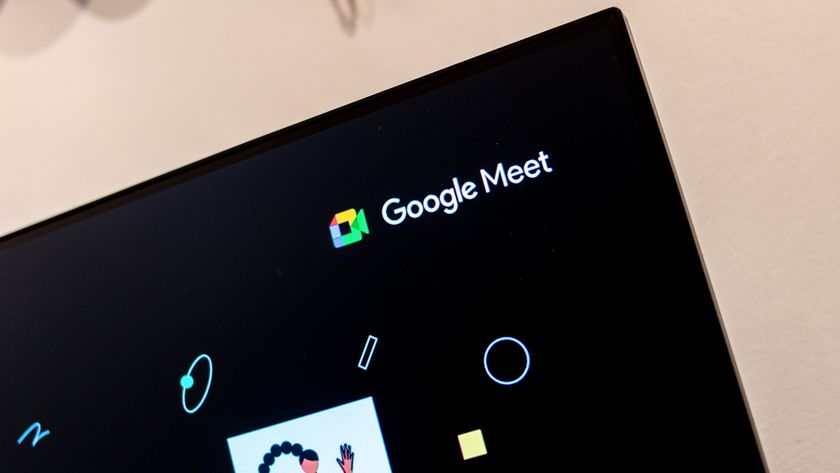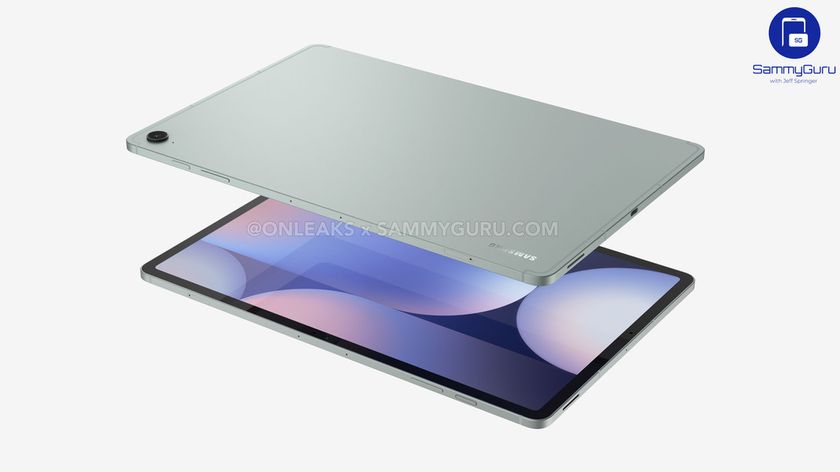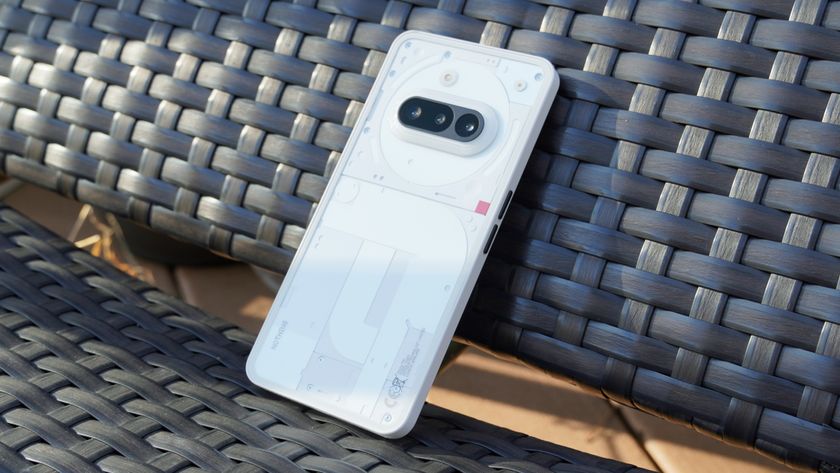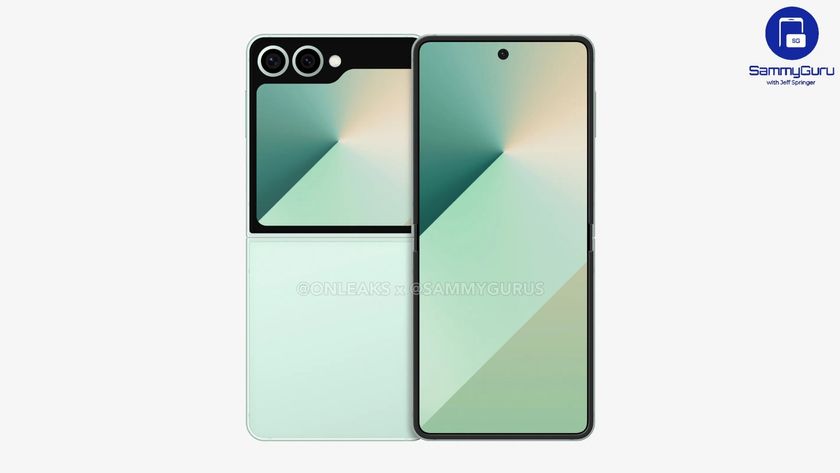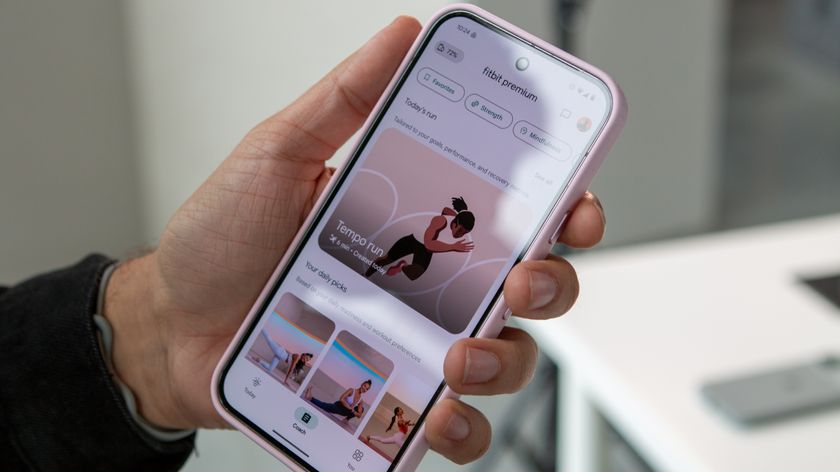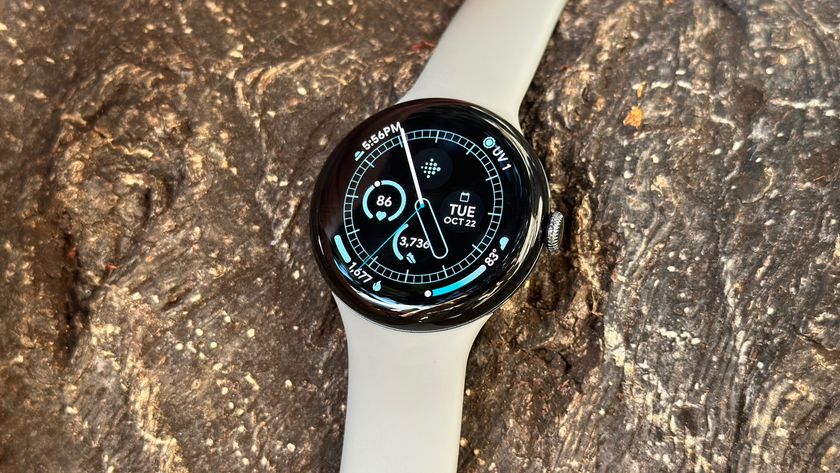Google just killed Pixel Pass and I'm really not surprised
Another one bites the dust.
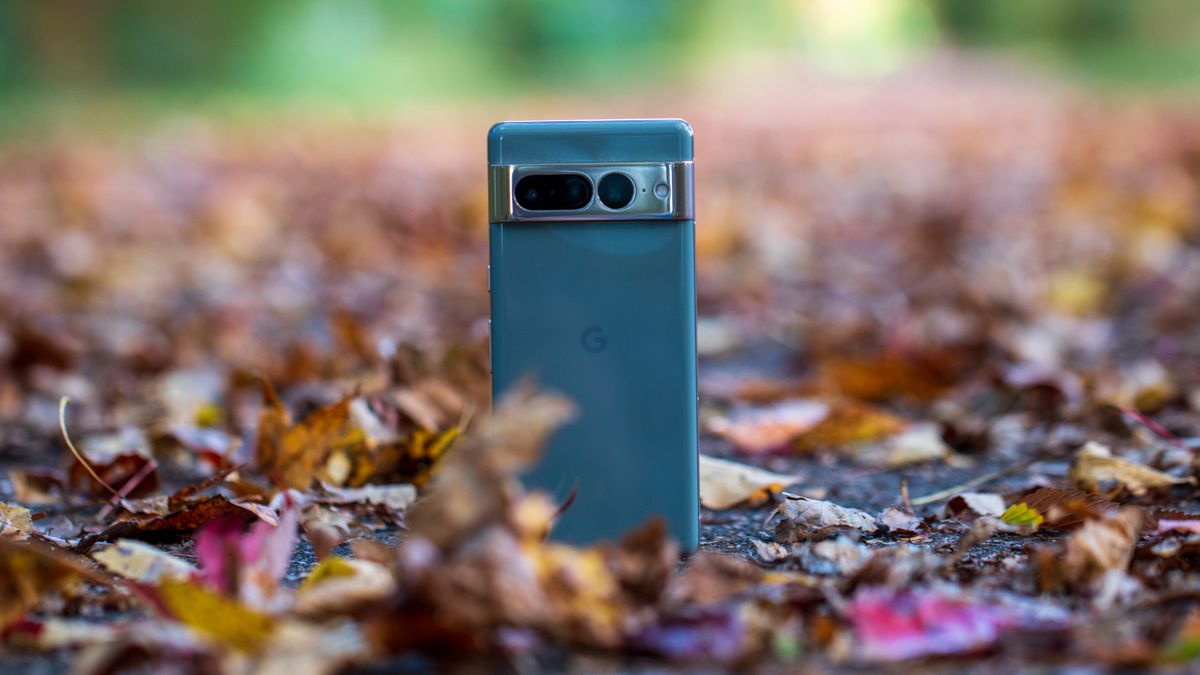
What you need to know
- Google is discontinuing Pixel Pass as of August 29, 2023.
- Pixel Pass was introduced alongside the Pixel 6 bundling various Google services with a new Pixel phone.
- While the program was available for the Pixel 7, this was not the case for the Pixel 7a or Pixel Fold.
Almost two years after its introduction, Google is laying its "Pixel Pass" program to rest. Designed as a way to help users save money by bundling Pixel phones with Google services, Pixel Pass seemed to be an interesting way to drive sales. Unfortunately, the writing has been on the wall since the release of the Pixel 7a, and Google's support page confirmed suspicions that Pixel Pass will be retired.
According to the Pixel Pass Help page, the service is being canceled because Google is "focused on offering the best value of our hardware products while giving users the flexibility to purchase their favorite services." This really doesn't sound like much of an actual reason, but the statement goes on to say that Google "will continue to evaluate offers based on customer feedback while providing different ways for them to access the best of Google."
If you're already a Pixel Pass subscriber, you don't have anything to worry about just yet. Your monthly fees will continue to be processed for the "duration of your existing Pixel Pass subscription, which is two years from when your Pixel Pass device shipped." But once that time has elapsed and you've made your final payment, you'll have to go down a more traditional route to upgrade.
As a sign of goodwill, Google is offering a $100 "loyalty reward credit," which can be used "towards their next Pixel purchase, good for the next two years." And it seems that if you want to just bundle Google One, YouTube Premium, and Play Pass, those services will "renew together at a discount." However, if you cancel your Pixel Pass subscription, you'll need to sign back up for those services separately.
This doesn't come as a shock

What helped to make Pixel Pass so interesting is that in addition to including YouTube Premium, Music, Play Pass, and 200GB of Google One storage, the subscription also included a smartphone. Overall, signing up for Pixel Pass saved users a little more than $175 when including the Pixel 6 or almost $300 for the Pixel 6 Pro.
So you would pay either $45 per month or $55 per month, depending on which phone you decide upon. This subscription would continue for 24 months, at which point you would be able to either upgrade to the latest Pixel or cancel the subscription altogether.
On the surface, it seems like a pretty great deal, especially if you were already paying for some of Google's other services but needed a new phone. Unfortunately, the writing was already kind of on the wall, as you couldn't sign up for Pixel Pass following the Pixel 7a launch. This was also the case with the release of the Pixel Fold, but that's less surprising given the $1,800 retail price.
Be an expert in 5 minutes
Get the latest news from Android Central, your trusted companion in the world of Android
Of course, if you weren't paying for Google's other services and didn't have much interest in some or all of them, then it really wasn't worth it anyway, and one could simply pass on Pixel Pass.
What this screams to me is that Google is planning on increasing the price of the Pixel 8 series. The company's next duo of flagship phones are expected to launch in the next couple of months, so Google is doing its due diligence by getting out ahead of any potential headaches.
Shortly after the Pixel 7 was debuted, I thought it was odd that Google didn't include the Pixel Watch in any of the Pixel Pass bundles. Especially considering that the Pixel Watch is Google's first wearable, and including it in a bundle would definitely make it easier to get the new smartwatch onto the wrists of more people.
The less-cynical take is that there just weren't very many Pixel Pass subscribers, which could be a result of the program only being offered in the United States, so Google decided to cancel the program altogether instead of letting it linger. After all, the Pixel isn't the most popular phone around, even though Google's market share is steadily rising. We probably won't know the real reason behind the cancellation, but it's still disappointing to see so close to the next major device launch.

Andrew Myrick is a Senior Editor at Android Central. He enjoys everything to do with technology, including tablets, smartphones, and everything in between. Perhaps his favorite past-time is collecting different headphones, even if they all end up in the same drawer.
